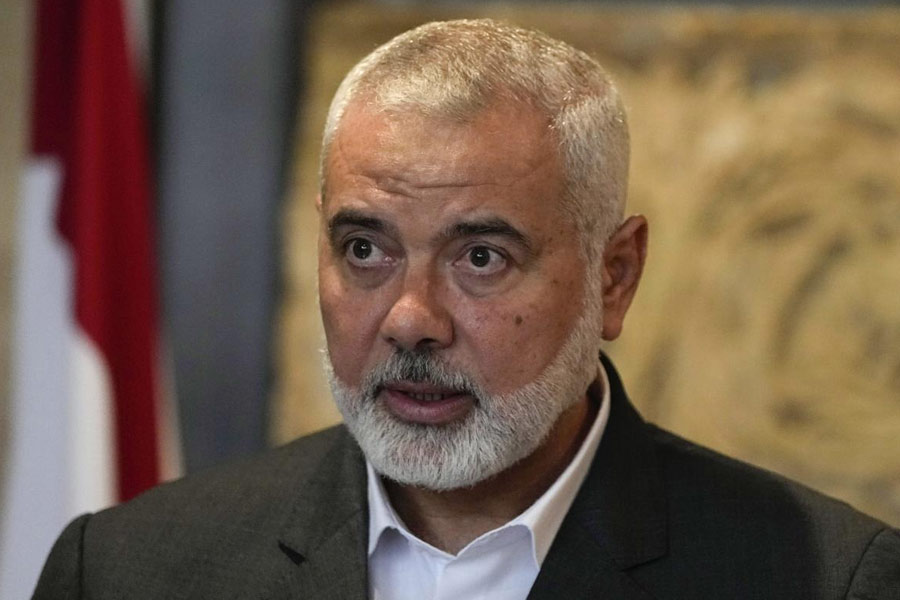The back-to-back assassinations of the Hezbollah commander, Fuad Shukr, and the Hamas political chief, Ismail Haniyeh, this week in Beirut and Tehran, respectively, have once again escalated tensions in a region already at breaking point over Israel’s devastating war in Gaza. Israel claimed responsibility for the killing of the Hezbollah commander. And while it has not said that it was behind Mr Haniyeh’s assassination in Tehran, Iran and Hamas have blamed Israel. Most analysts are convinced that Tel Aviv alone was responsible. Domestically, the killings represent a victory for Israel’s embattled prime minister, Benjamin Netanyahu, whose popularity is at an all-time low and whose cabinet is barely sticking together. In a nation still grieving the massacre of October 7, when 1,139 people were killed and more than 200 taken hostage by Hamas fighters, the assassinations will strike many as justice delivered. Incidentally, Hezbollah
has been a key ally of Hamas and has fired hundreds of rockets at Israel since October 7.
But the deaths of Mr Haniyeh and Mr Shukr will bring neither Israel nor the region closer to peace. On the contrary, the killings have damaged the prospects of any ceasefire with Hamas that could help bring Israeli hostages home. The cause of Israel’s future security has not been served either by these deaths. At a time when talks to end the war were reportedly progressing towards a deal, the killing of Mr Haniyeh — not a military man but a political negotiator — will, in particular, make it harder to keep that dialogue alive. Meanwhile, Iran cannot afford to sit quietly after its sovereignty has been violated by the attack; Tehran has already warned of revenge. The United States of America, Israel’s biggest financial backer and military supplier, claims that it had no knowledge of the Israeli plan to assassinate Mr Haniyeh. If that is true, it is further evidence of how Mr Netanyahu is not consulting those who are arming him. A full-blown regional war, the prospects of which have loomed ever since October 7, now seems even more imminent.
Forgotten in the escalatory spiral of tensions and violence in the Middle East is the tragedy at the heart of it all: nearly 40,000 Palestinians have been killed in Gaza by Israel since October 7, the majority of them women and children. Almost all of Gaza’s 2.3 million people have been displaced. Famine is rampant and a polio epidemic has been declared. Any move that takes the region’s actors away from a ceasefire dialogue in such a situation can never be justified as driven by a desire for justice or peace. Many analysts have pointed out Mr Netanyahu’s political incentive for escalating the war: this delays the accountability he might otherwise face in elections. But other leaders and nations — including the US, China, Russia and, indeed, India — also have a stake in peace. They must use every tool — diplomatic or financial — at their disposal to pull Israel, Iran and others from the brink before it is too late.











